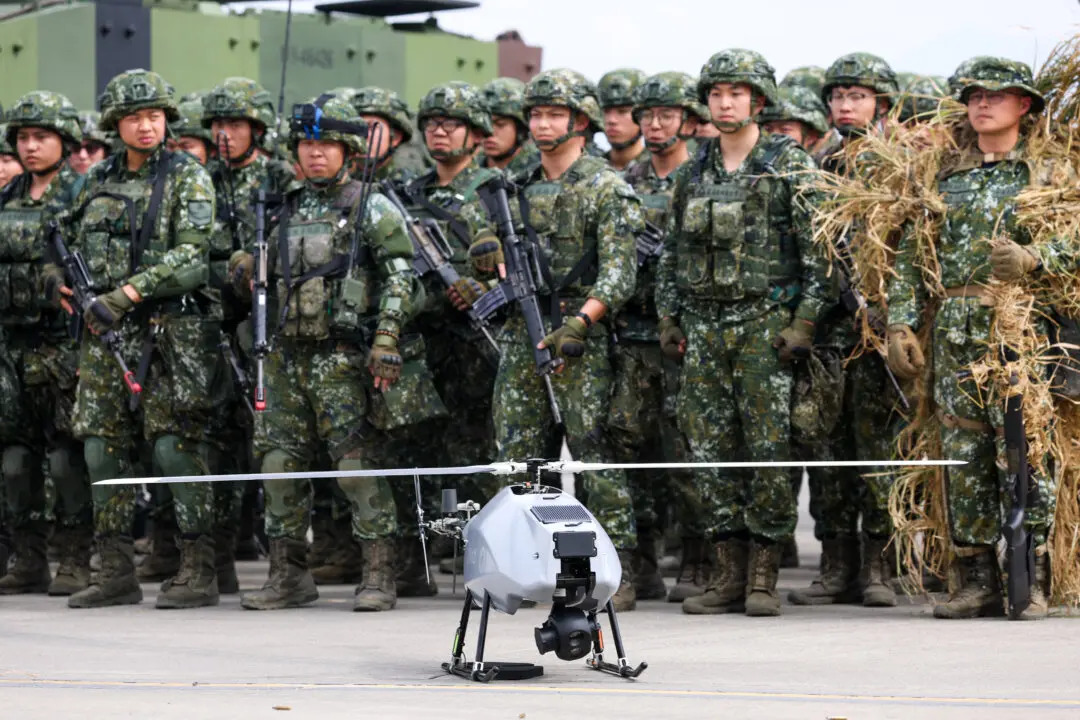A report from scientists assembled by the World Health Organization (WHO) and China into the origins of the pandemic is drawing criticism challenging the independence of its findings.
The report, released on March 30, left unresolved the question of how the CCP (Chinese Communist Party) virus (which causes the COVID-19 disease) entered the population but concluded the possibility of it being leaked from a lab as “extremely unlikely.”





